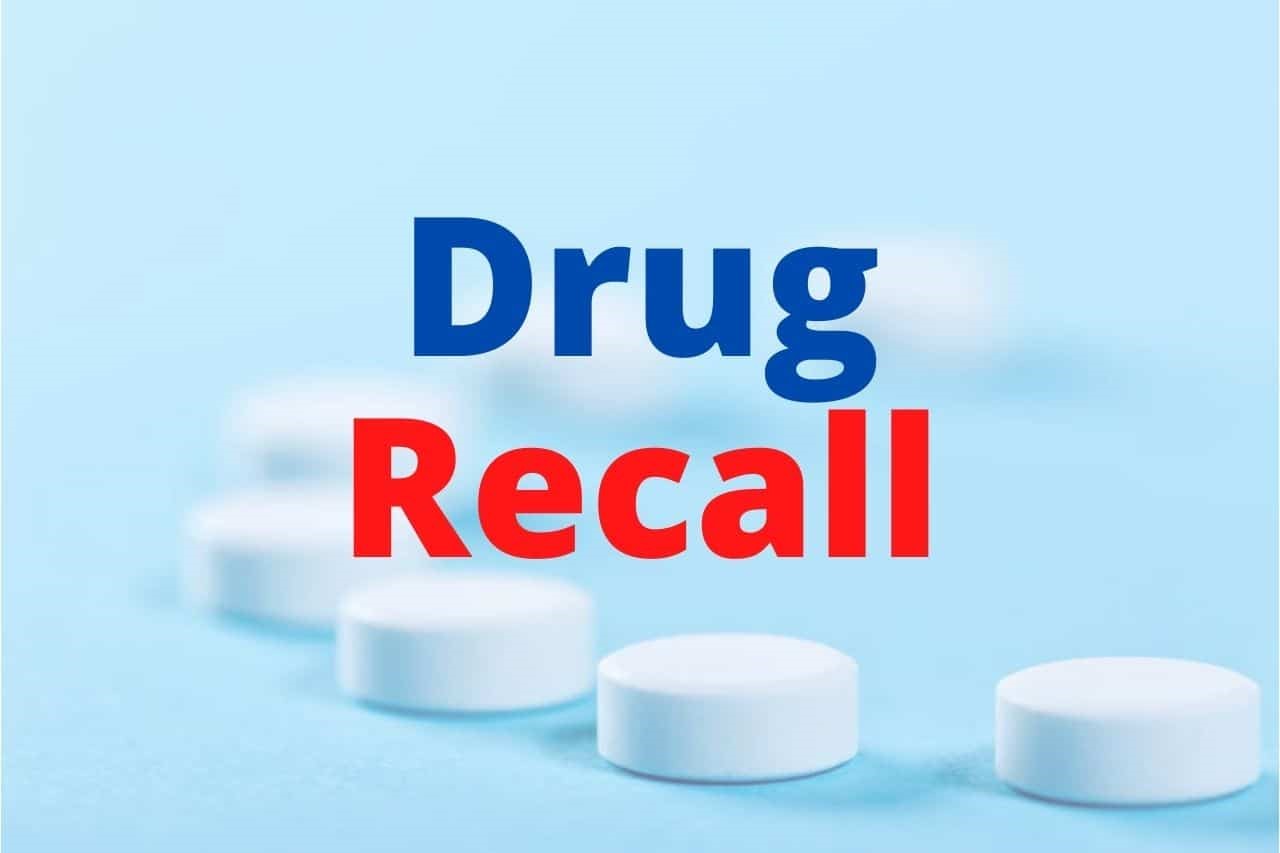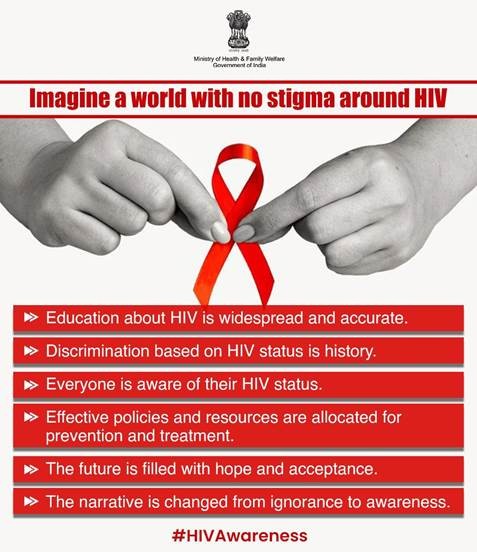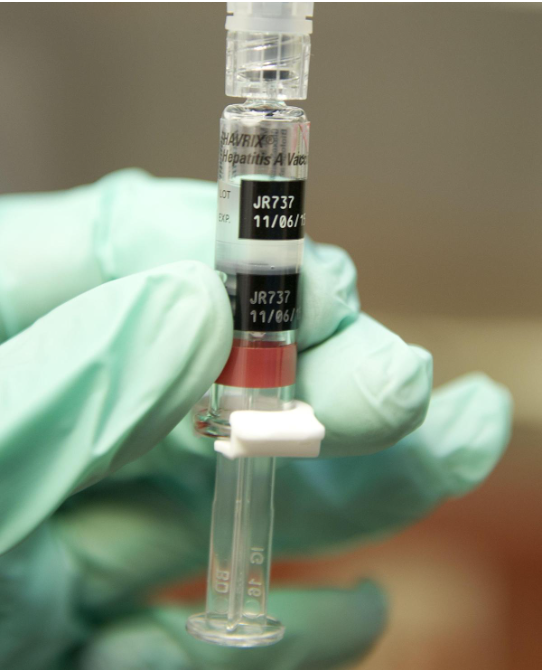Description

Disclaimer: Copyright infringement not intended.
Context
- Abbot, a multinational pharmaceutical company, published a public notice in newspapers alerting people about a mislabelled batch of medicine that it had inadvertently shipped to the market.
Note: Law in the US requires pharmaceutical companies to recall from the market those batches of drugs that have failed to meet quality parameters.
Drug Recall
- Drug recall refers to the action of removing or withdrawing a batch of product from distribution or use, to be returned to the manufacturer.
- This action is generally done in cases where deficiencies are discovered in the safety, quality, or efficacy of drugs.
- The Organization of Pharmaceutical Producers of India (OPPI) defines recall as,
“An action is taken to resolve a problem with therapeutic goods for which there are established deficiencies in quality, efficacy or safety.”
Status of Drug Recall Law in India
- India, has been mulling the creation of a mandatory recall law for substandard drugs since 1976, and yet no law exists that mandates such medicine be removed from the market to this day.

History of Law on Drug Recall
Efforts made by the Drugs Consultative Committee (DCC)
- In 1976, the Drugs Consultative Committee (DCC) discussed the issue of drug recalls.
- The minutes of this meeting record a discussion on how drugs ordered to be recalled by a state drug controller in one state were found to be on sale in a neighboring state.
- The meeting resolved to have greater cooperation between various state drug controllers in order to facilitate better coordination to recall and destroy drugs that failed tests. But this decision never translated into amending the law to create a binding legal structure to enforce such recalls.
- The issue of recalls came up again in meetings of the DCC in 1989, 1996, 1998, 2004, 2007, and 2011 but none of them resulted in amendments to the Drugs & Cosmetics Act to create a mandatory recall mechanism.
Central Drugs Standard Control Organisation (CDSCO)
- In 2012, after a report by the Department Related Parliamentary Standing Committee on Health & Family Welfare raised the issue of recalls, among other issues, the Central Drugs Standard Control Organisation (CDSCO) proposed a set of draft recall guidelines – except the national regulator lacks the power to convert guidelines into a binding law.
- Only the Ministry of Health or, more importantly, the Drug Regulation Section of the Ministry, can initiate the process to make binding rules or legislation.
- The then Drug Controller General of India (DCGI) had announced that the guidelines would become binding law in a few months, but that never happened. In any event, the guidelines were not very thorough.
Drugs Technical Advisory Board (DTAB) observations
- The issue of recalls resurfaced in 2016 at meetings of the DCC and at another committee, called the Drugs Technical Advisory Board (DTAB). Nothing changed on the ground.
- The same issue came up again in 2018 and 2019 at the meetings of the DCC, but India still lacks a recall law, 46 years on.

Why has this issue been pending for so long in India with no redress?
There are three possible answers:
The incompetence of Drug Regulation Section
- The first is that the Drug Regulation Section of the Union Health Ministry is simply not up to the task of tackling complex drug regulatory issues due to a combination of different factors including
- apathy,
- lack of expertise in the area, and
- a greater interest in enabling the growth of the pharmaceutical industry than protecting public health.
India’s highly fragmented regulatory structure
- The second possible factor is India’s highly fragmented regulatory structure, with each state having its own drug regulator.
- But despite the fragmentation, drugs manufactured in one state can seamlessly cross borders to be sold in all states around the country.
Resistance to greater centralization of regulatory powers
- To create an effective recall mechanism, the responsibility of recalling drugs has to be centralized, with one authority that has the legal power to hold companies liable for failures to recall drugs from across the country, and further, to also search and seize batches of failed medicine.
- But both the pharmaceutical industry and state drug regulators have resisted greater centralization of regulatory powers. This opposition has little grounding in logic or legal theory.
- If India is a single market for drugs, it follows that it should have one regulator. If not, the incompetence of a regulator in just one state can lead to adverse effects for patients in other states, whose citizens have no influence or electoral power to demand accountability of that regulator.
Consequences
- Every month, dozens of drugs fail random testing in government laboratories. Ideally, these drugs will be mandatorily recalled in a transparent manner, with the people being informed of the failures. But if this were to actually happen in India, the people at large would be flooded with alerts on an almost daily basis, which then would increase the pressure on drug regulators to institute extensive reforms.
- If the bureaucracy’s intention is to avoid accountability, it might prefer to keep quiet and let substandard drugs, even those with dangerous consequences for consumers, circulate in the market. This has been their modus operandi for decades, until recently, when drug failures overseas brought attention to this issue.
- People, including children, are almost certainly dying or suffering from adverse health events because substandard drugs are not swiftly removed from the market. Yet nothing seems to change on the ground.
- In 2004, India’s largest pharmaceutical company, Ranbaxy, was accused of largescale fabrication of drug test reports and sale of poor quality medicines in markets with weaker regulatory systems.
- Behind the years-long investigation was whistleblower Dinesh S. Thakur, who has now written a book, along with lawyer Prashant Reddy T. In The Truth Pill: The Myth of Drug Regulation in India, they explore the many issues still plaguing India’s pharmaceutical industry and the drug regulatory mechanism. The question of how safe and effective medicines manufactured in India are should be a critical public health issue. The book highlights crucial questions while also suggesting the way forward for reforms for better regulation.
Way Ahead
A national drug recall law
- It is crucial for India to have a national drug recall law to guarantee that once a drug is known to be Not of Standard Quality (NSQ), the entire batch is withdrawn from the market.
A central drug regulator
- There needs to be a central drug regulator who can execute and coordinate national recall.
Inspections of manufacturing facilities
- Drug inspectors are required to carry out inspections of manufacturing facilities on an annual basis to ensure compliance with the Good Manufacturing Practices (GMP) code.
- It is possible that in many states, there is a lack of capacity and training to do so.
- But the larger problem, is a reluctance to actually enforce the GMP standards because it would put several SME pharma companies out of business.
Health Activism
- As with any other aspect of Indian society, activism can help move the needle on any policy issues.
- Health activists need to accept there is a problem with drug regulation and ask for systemic reform.
- Right now, there appears to be a reluctance to even accept there is a problem with drug quality in India.
Centralization of the licensing aspect of Drug Regulation
- There is a need for the centralization of at least the licensing aspect of drug regulation.
- All manufacturing facilities should be licensed by a national regulator.
- Regarding enforcement, we think there is room for having a federated structure wherein both states and the union can test products and prosecute pharmaceutical companies for violations of quality norms.
|
PRACTICE QUESTION
Q. India has been mulling the creation of a mandatory recall law for substandard drugs since 1976, and yet no law exists that mandates such medicine be removed from the market to this day. Why has this issue been pending for so long in India with no redress? What are the consequences of this delay? Suggest a good way forward to address this issue.
|

https://www.thehindu.com/sci-tech/health/explained-mandatory-recall-failed-medicines-law-cdsco/article66815213.ece











